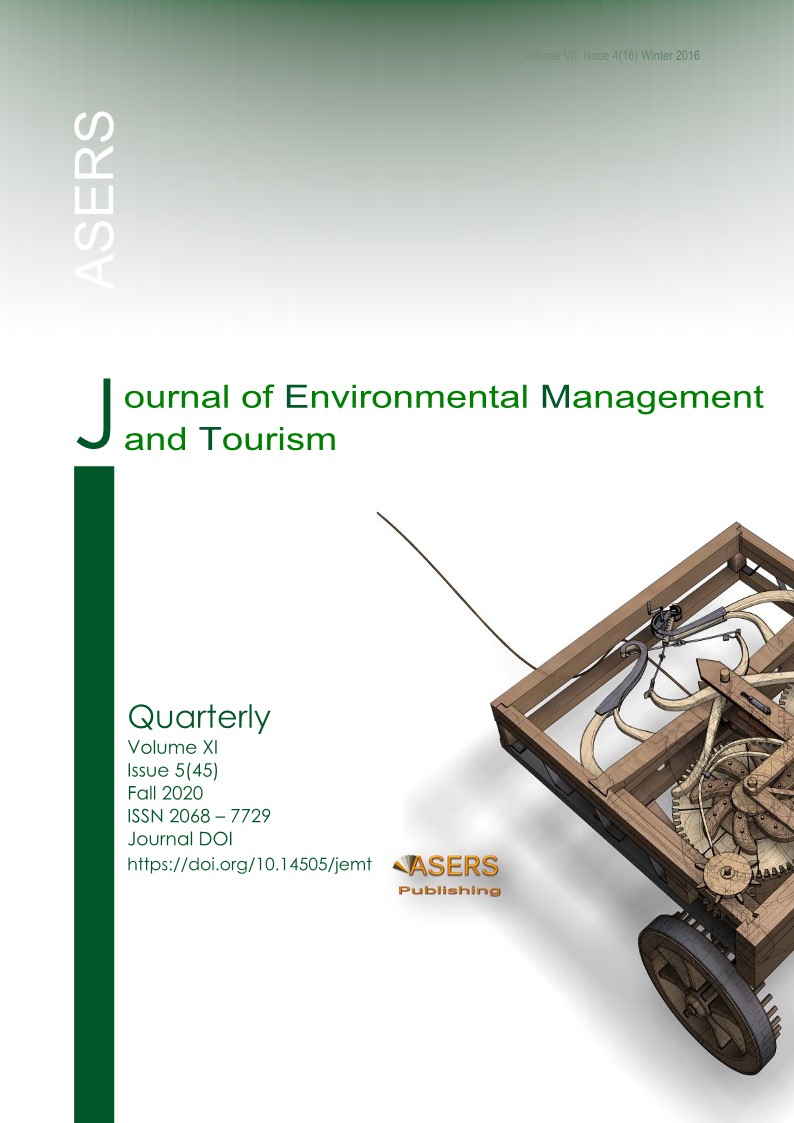Biological Effectiveness of Constructed Consortia in MEOR
Biological Effectiveness of Constructed Consortia in MEOR
Author(s): Gulzhan KAIYRMANOVA, Ulzhan Shaimerdenova, Shattyk TAPESHOVA, Ratbek MAGMIYAYEV, Aliya YERNAZAROVASubject(s): Economy, Supranational / Global Economy
Published by: ASERS Publishing
Keywords: consortium; oil reservoir water; antagonistic activity; emulsifying activity; acid production; microbial enhanced oil recovery;
Summary/Abstract: Kazakhstan is one of the producers of oil and gas in the world. Also, Kazakhstan is a country which uses traditional methods of oil development. These methods are not economically beneficial in the development of oil since two-thirds of the oil remains in the ground. In this regard, 16 indigenous microorganisms were studied from the production water of the “Akingen” field located in Western Kazakhstan. It is known that biological preparations containing several symbiotic strains of microorganisms are important because they are more effective and improved with biotechnology properties than monobacterial preparations. Antagonistic activity of 16 indigenous strains of bacteria was examined by cross streak. In addition, the activities of the created consortia were studied (oil emulsification, production of acids and gas). 5 bacterial consortia were selected based on the study of the antagonistic relationships of strains and their activeness, including: 2 consortia consisting of 2 monostrains - P. aeruginosa D6: Bacillus sp. SR 1; P. aeruginosa D6: Bacillus sp. CL1; 2 consortia of 3 monostrains - P. aeruginosa D6: Bacillus sp. SR1: Bacillus sp. CL1; P. aeruginosa D6: Bacillus sp. CL1: Bacillus sp. D1X and one consortium of 4 monostrains P. aeruginosa D6: Bacillus sp. SR1: Bacillus sp. CL1: Bacillus sp. D1X.
Journal: Journal of Environmental Management and Tourism (JEMT)
- Issue Year: XI/2020
- Issue No: 05 (45)
- Page Range: 1222-1230
- Page Count: 9
- Language: English
- Content File-PDF

